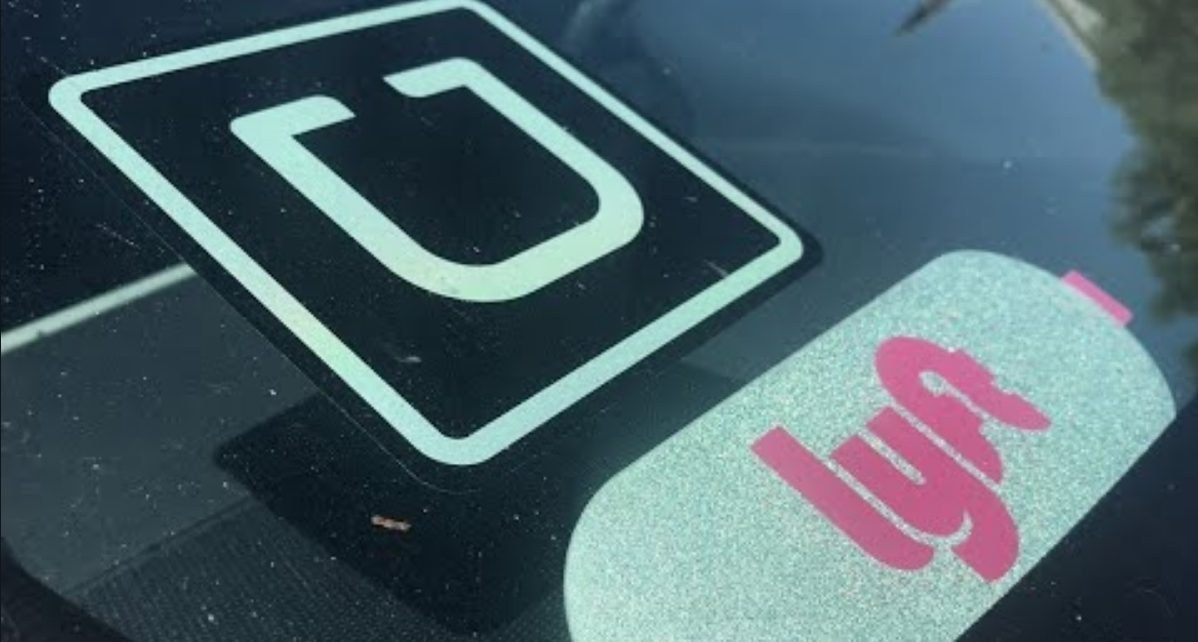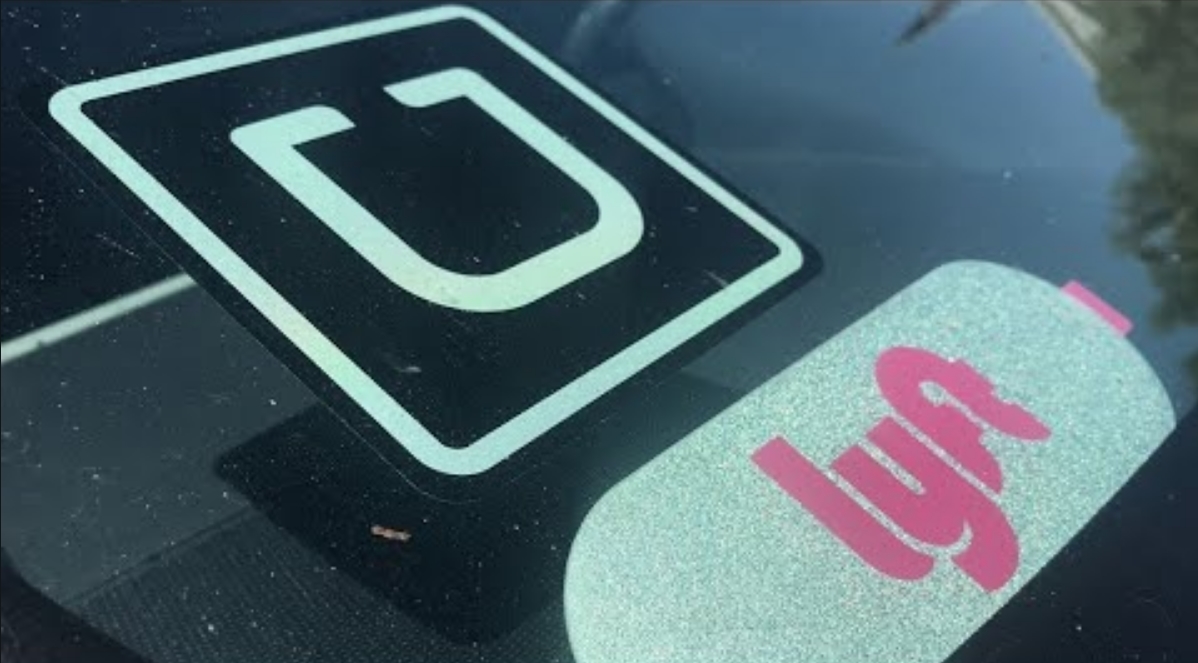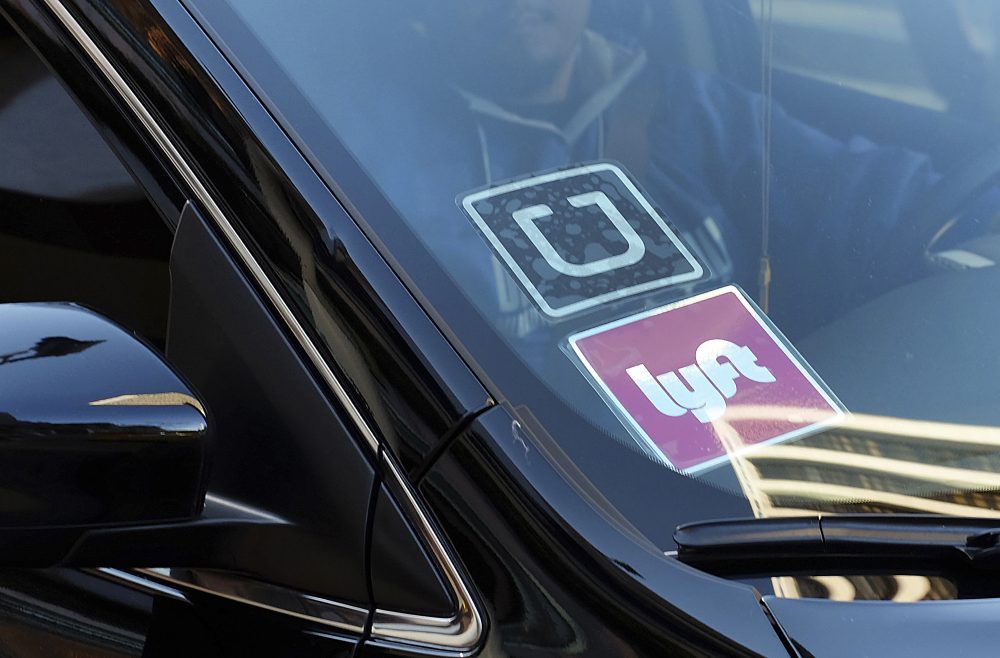
Labor Union, Rideshare Drivers Sue Over Proposition 22 Rideshare Driver Exemption Law
SEIU, drivers seek to overturn rideshare drivers being exempt from AB 5 over Constitutionality issues
By Evan Symon, January 12, 2021 7:34 pm
The Service Employees International Union (SEIU) on Tuesday, in conjunction with rideshare drivers and customers, filed a lawsuit in California’s Supreme Court against California’s new Proposition 22 rideshare driver law.
Prop 22, which exempts all rideshare workers from being classified as employees under the controversial AB 5 employment law, was passed in November with well over 50% of the vote. Under the proposition, rideshare drivers will continue to be classified as independent contractors. While Prop 22 will give drivers some benefits and protections, they are not as extensive as they would be under AB 5. However, under Prop 22, drivers are also more independent and can continue to work hours on their own time rather than be placed on a schedule or other limiting time factor.
In SEIU’s lawsuit, the union argues that the proposition unconstitutionally limits the power of California to implement a compensation program, unconstitutionally limits the passage of workers’ rights legislation, and violates the constitution of California by not addressing a single subject.
Supporters of SEIU’s lawsuit also point to the fact that Uber, Lyft, Instacart, and DoorDash had spent over $200 million on the campaign to pass Prop 22. While they noted that this isn’t illegal, they allege that this is a slippery slope for having companies fund laws and law changes to benefit themselves in the state.
“If giant corporations are allowed to bankroll ballot initiatives that circumvent the California Constitution, it sets a precedent that any right can be rolled back just by spending enough money,” explained SEIU California state council president Bob Schoonover in a press call on Tuesday. “The court must strike down Proposition 22 because it is unconstitutional. Prop 22 is an attack on California’s rights that if left unchecked will grant permission to companies like Uber and Lyft to dismantle workers’ rights across the country.”
The attorney for the plaintiffs also commented on Tuesday.
“They overreached,” said attorney Scott Kronland. “The language of the California Constitution is very clear on the powers allocated to elected officials.”
Prop 22 and the SEIU lawsuit
However, rideshare companies and drivers have countered that Prop 22 was passed fairly in the election, and that Prop 22 was like other propositions both in 2020 and in the past in that it wanted to change an unjust law. Protect App Based Jobs & Services, which ran the Yes on 22 campaign, noted in a statement that the law is meritless and that overturning it would go against what the majority of Californian voters wanted.
“Nearly 10 million California voters — including the vast majority of app-based drivers — passed Prop 22 to protect driver independence, while providing historic new protections,” explained the group in a statement. “Voters across the political spectrum spoke loud and clear, passing Prop 22 in a landslide. Meritless lawsuits that seek to undermine the clear democratic will of the people do not stand up to scrutiny in the courts.”
Other drivers agreed.
“Under Prop 22 I get benefits, I get the freedom to work when I want, and I can still have the time and flexibility to do what I want and avoid COVID hotspots,” explained rideshare driver Manuel Espinoza to the Globe. “I know why the SEIU wants this to be reversed. I have family members who are in that. But Prop 22 does way more good than AB 5 could ever do for us. It’s sad that they are trying to sell it otherwise.”
The lawsuit, which includes the SEIU, three rideshare drivers (named as Hector Castellanos, Saori Okawa and Michael Robinson), and one rideshare customer (Joseph Delgado) as plaintiffs, is expected to be heard in the Supreme Court later this year.
- Bill to Require Law Enforcement Disclosure if AI Was Used To Help Write Reports - August 7, 2025
- Gov. Newsom Files FOIA Request To ‘Expose True Cost’ Of L.A. Federal Troop Deployment for Anti-ICE Riots - August 6, 2025
- California Redistricting: How Newsom’s Plan Will Demolish Hard Fought GOP Gains - August 6, 2025



